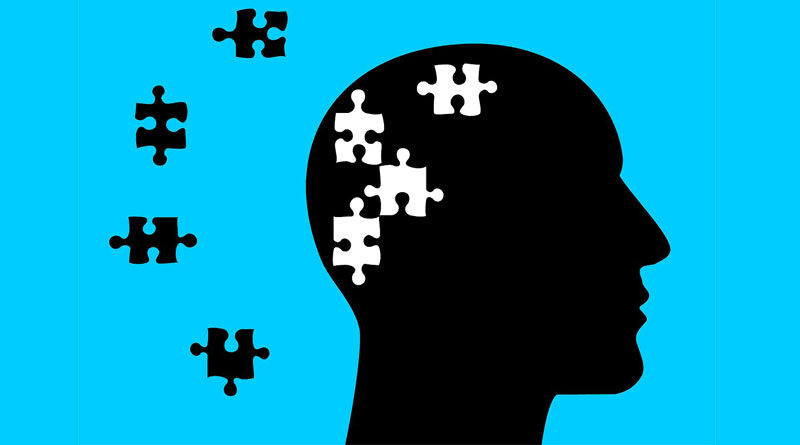Sport and Brain Injury: Charity Launches Research Priorities and Funding to Close Knowledge Gaps
A new report launched by Alzheimer’s Research UK and The Health Policy Partnership, supported by leading UK sporting bodies including the FA, and RFU and dementia experts, outlines four research priorities to help address knowledge gaps surrounding the links between sport, physical activity and long-term brain injury.
Alzheimer’s Research UK will be investing £500,000 in kick starting action against the priorities, which include establishing a consortium with research teams and funders worldwide and widening research into the links beyond elite male sport players.
Dementia is a condition that affects nearly one million people in the UK. Recently there has been a focus on individual high profile dementia cases within the sporting community.
Researchers have found that some ex-professional sports players are at increased risk of developing dementia, but there has been limited evidence to determine why this is the case, whether the risk applies to other populations, and how the risk could be addressed.
Dr Susan Kohlhaas, Director of Research at Alzheimer’s Research UK, which commissioned the report, said:
“While the benefits of physical exercise on brain and heart health are well known, multiple studies also show links between past traumatic brain injury and the development dementia. We need to fully understand the connection, and why these diseases occur in order to develop preventions.
This report, which is the culmination of collaboration across the sporting and research fields, sets out the most impactful steps research can take to complete the picture, and we will be kick starting action on it with immediate funding.”
The four priorities laid out in the report are:
1. Establish an international research consortium with research teams and funders around the world.
2. Develop a panel of biomarkers in measures including brain scanning, blood, and saliva to improve diagnosis and treatment of brain injuries and dementia.
3. Conduct long-term studies that monitor different groups of people for decades to understand lifetime risks and benefits.
4. Explore traumatic brain injuries beyond elite male players to understand risk across different and underrepresented groups.
Alzheimer’s Research UK has invested £500k to work with other funders to develop the research priorities identified in this report as part of its current investment of £5m in dementia prevention research. Working in partnership with strategic funding partners, such as the Medical Research Council, will maximise the impact of the charity’s investment and broaden the expertise brought to bear on the research priorities.
Speaking about the recommendations and funding, Prof Jonathan Schott, Chief Medical Officer at Alzheimer’s Research UK, said:
“Researchers need to identify effective ways to reduce the risk of developing dementia as well as finding treatments for people living with the condition. Conducting research to understand and minimise the risks associated with head impacts and how to balance these against the undoubted benefits of physical activity and exercise is challenging but essential.
“At Alzheimer’s Research UK, we want to bring new and existing funders and researchers together to make the ambitions laid out in this report a reality. Interest in the links between being physically active, participating in sport and being at risk of dementia is at an all-time high. It’s important researchers, funders, stakeholders, and custodians of sport seize the moment to deliver new, coordinated research to give every person the best possible chance of living a dementia-free life.”
Presenter Hayley McQueen, whose dad, Gordon, the former Scotland, Manchester United and Leeds defender, is living with vascular dementia, welcomes the report, saying:
“It’s good to see Alzheimer’s Research UK take the lead on understanding the links between sport and dementia. Witnessing first-hand the devastation that dementia poses to individuals, their families, and friends, it’s about time people got around the table, and worked toward greater understanding so we can act with certainty.
“It is also important that children, teenagers, other genders and people playing grassroots sports are included in research, as scientists have shown they display different risk, injury and recovery patterns to adult, male athletes.”





